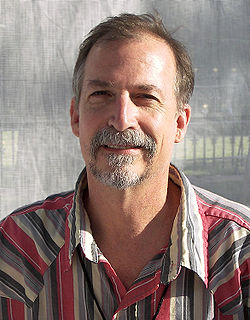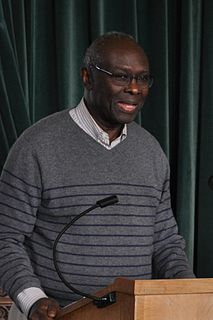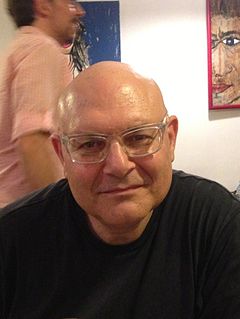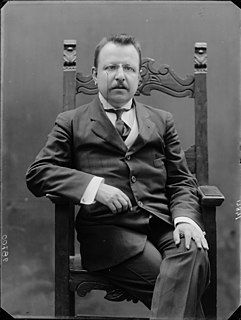A Quote by Karin Tidbeck
I want my voice to be consistent no matter if it's an original or a translation.
Quote Topics
Related Quotes
There is an old Italian proverb about the nature of translation: "Traddutore, traditore!" This means simply, "Translators-traitors!" Of course, as you can see, something is lost in the translation of this pithy expression: there is great similarity in both the spelling and the pronunciation of the original saying, but these get diluted once they are put in English dress. Even the translation of this proverb illustrates its truth!



































